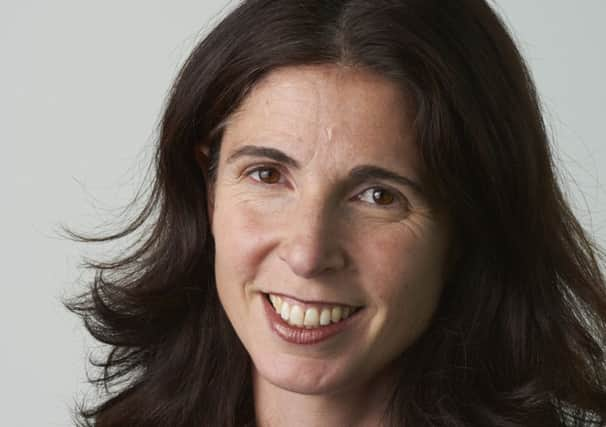September casts gloom ahead of Q3 output figures


Sales from shops dropped by 0.3 per cent in volume terms in September, while the latest CBI survey showed factory export orders fell at the fastest pace since January 2013 over the past three months.
The CBI’s quarterly industrial trends survey showed its balance for the volume of export orders fell to -7 in October from a reading of zero in July.
Advertisement
Hide AdAdvertisement
Hide AdRain Newton-Smith, the group’s director of economics, said: “It’s disappointing that a sluggish exports market has taken some of the steam out of manufacturing growth, which was going from strength to strength throughout most of this year.
“However, growth in orders and output is expected to continue, albeit with expectations moderating, and domestic orders have continued to rise at a healthy pace. And it is encouraging that job numbers are growing.”
The CBI’s monthly total order book balance fell to -6 in October, its lowest level since July last year and down from -4 in September. Economists had expected the figure to hold steady.
Meanwhile, the effects of mild September weather on the high street, already flagged by a number of retailers, were confirmed in official figures showing clothing, textile and footwear sales fell 7.8 per cent compared with August, and 4.1 per cent over the year.
That was enough to drive total sales lower on the month, but year-on-year volumes were still 2.7 per cent higher, the 18th consecutive month of growth.
Average store prices fell by 1.4 per cent compared with last year, driven by petrol price cuts and the ongoing supermarket price war.
The first estimate of third-quarter growth is due today and many economists believe the moderation in consumer spending will contribute to a slowing in gross domestic product (GDP).
IHS Global Insight’s chief UK economist Howard Archer said: “It does look like consumers have reined in their spending to some degree after splashing out at a strong rate overall through the first half of the year.
Advertisement
Hide AdAdvertisement
Hide Ad“This is not that surprising given the overall pressure coming on consumers’ purchasing power from prolonged very weak earnings growth.”
Most economists are expecting growth to have slowed to 0.7 per cent from 0.9 per cent in the second quarter.
Archer said: “With UK retail sales dipping in September and the CBI survey indicating a further loss of manufacturing momentum in October, downside risks to UK growth appear to be mounting.
“This will reinforce belief that the Bank of England will not be raising interest rates before mid-2015.”
The overall impression is that the manufacturing sector is still clearly expanding but at a significantly reduced rate compared to the early months of 2014, he said.
“This is disappointing for hopes that UK growth can be broad based and sustained and less dependent on services sector,” he added.
Victoria Clarke, at Investec, said consumer confidence was holding steady, supported by rising employment.
“Whilst it is early days yet, the indicators on high street activity for October available so far suggest a bounce back in clothing sales should occur,” she said.